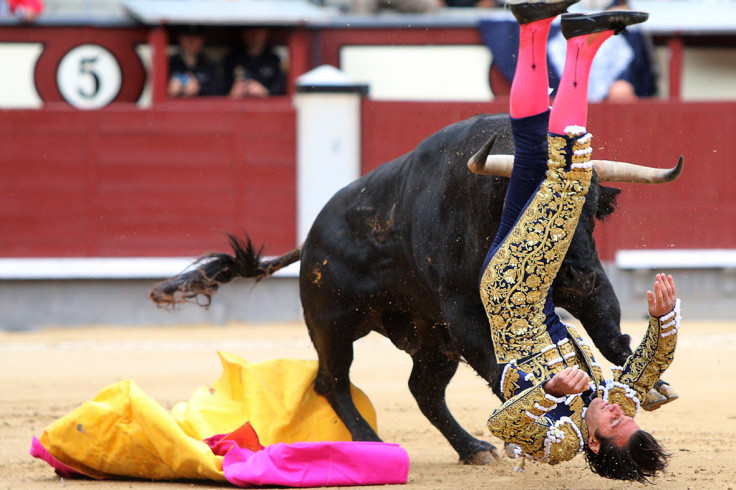Spain: Bullfighting to be taught in schools despite animal rights outcry

Spain has come under fierce criticism from animal rights groups after its education ministry announced a new policy to teach bullfighting in schools. The controversial plans, which were approved by Spain's conservative government ahead of upcoming elections in December, offer students the chance to gain a qualification in Tauromachy (bullfighting) and Auxiliary Livestock Activities, which covers bullfighting skills, bullfighting regulations and rules on breeding fighting bulls.
For the first time, bullfighting will be an optional two-year course for students aged 16 and older who start vocational training after finishing their compulsory studies. The sport is already controversial in Spain, and bullfighting is banned in Catalonia as well as the Canary Islands, with Valencia and the Balearic Islands considering whether to follow suit.
According to comments in the Telegraph, the move is intended to cement the bloodsport's importance in Spanish society as an "artistic practice" that is part of "popular tradition and culture".
"Bullfighting and bull-related festivals are subject to a constant evolution, making it impossible to guess in which way they will adapt to the changing sensitivities of our times and those to come", the education ministry's draft proposal reads, adding that pupils will learn "to recognise the elements which make up bullfighting and their origins, evolution as well as the beliefs and history behind bullfighting".
Spanish animal rights group Pacma, which has campaigned for minors to be banned from bullfights, saying the idea "makes a joke of Spain's educational system", with its leader Silvia Barquero believing that the move now means "young people can study how to torture an animal to death", the Telegraph reported.
According to a documentary released earlier this year that examines animal cruelty during religious festivals, 200 animals are tortured and killed every day in Spain in the name of religion and around 60,000 killed every year during the country's traditional Catholic celebrations.
© Copyright IBTimes 2024. All rights reserved.





